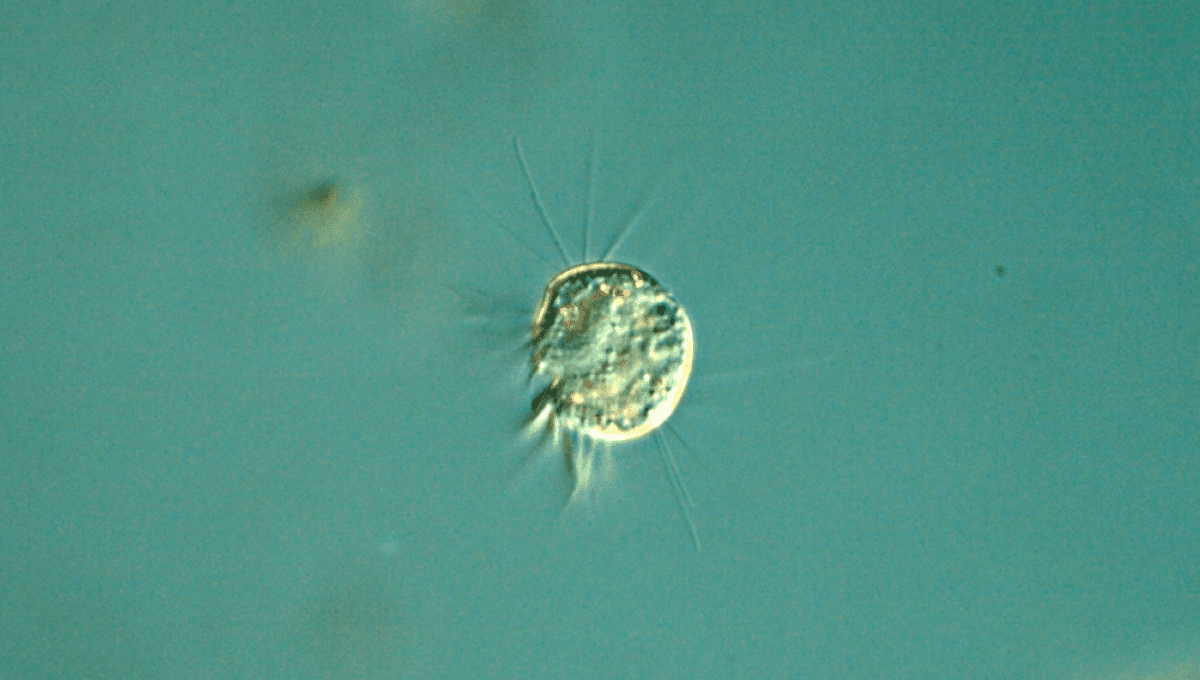
The menu of life just grew a little as researchers have discovered that certain organisms can not only eat viruses, but thrive on them too. As a testament to the fact that life, uh, finds a way, it seems some living things have evolved to eat something that’s plastered just about everywhere – viruses.
The discovery builds on research from 2020 that found certain protists can eat viruses, showing that not only can some microbes eat viruses, but they continue to grow and multiply even when there’s nothing else on the menu.
The research comes from a team at the University of Nebraska-Lincoln. If you’re wondering who’d want to eat viruses anyway, apparently they’re quite the snack.
“They’re made up of really good stuff: nucleic acids, a lot of nitrogen and phosphorous,” said lead researcher John DeLong to New Atlas. “Everything should want to eat them. So many things will eat anything they can get ahold of. Surely something would have learned how to eat these really good raw materials.”
To find out if viruses could be a viable food source, the team collected samples of pond water inside which they found microbes and lots of a delicious pathogen known as chlorovirus. The freshwater virus is known to infect green algae, something that ponds can’t get enough of.
Observing the samples revealed that a ciliate called Halteria was indeed chowing down on chlorovirus, and even when given no other food sources it continued to grow and multiply while the levels of chlorovirus plummeted. In samples with none of the virus, the Halteria failed to thrive.
If the association isn’t enough to convince you, then the results of their fluorescent dye tests surely will. After tagging the viruses’ DNA with glowy goodness, the Halteria soon started fluorescing as a result of eating chlorovirus.
The discovery means that Halteria can be considered a virovore, a microbe that eats viruses. It joined well-worn terms like carnivory, herbivory, and omnivory, and highlights the likelihood that there are more virovores out there eating viruses for breakfast.
The researchers hope next to explore what influence virovores have on the food chain.
“The ciliate Halteria sp. foraging on chloroviruses displays dynamics and interaction parameters that are similar to other microbial trophic interactions,” concluded the study authors. “These results suggest that the effect of viruses on ecosystems extends beyond (and in contrast to) the viral shunt by redirecting energy up food chains.”
The study was published in PNAS.
Source Link: Virovory Officially A Dietary Type As Research Discovers Protists Can Thrive On Viruses